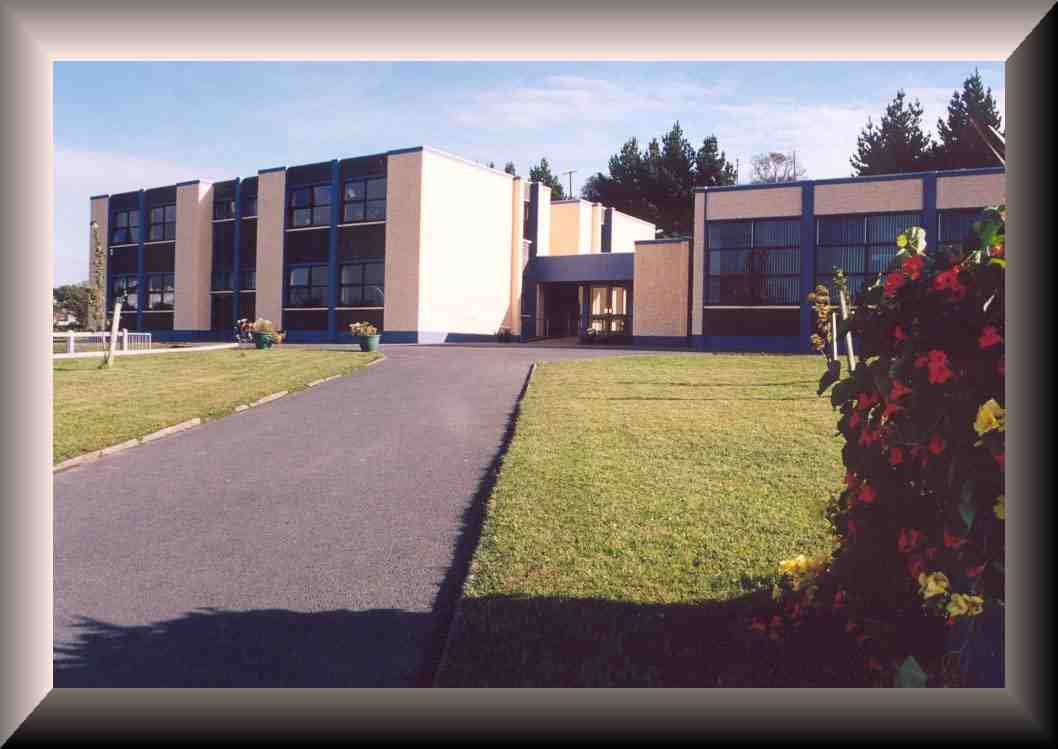 |
Holy Family National School,
Newport, Co. Mayo Phone 098-41442 E-Mail newportmayo.ias@eircom.net |
||||||||
|
Click here to download
|
TOURS POLICY/ EDUCATIONAL OUTINGS
Aims of trip
Transport:
Teachers have the right to refuse any bus/coach they find unsuitable for their outing. If the bus proves unsuitable, a replacement must be supplied or the money refunded. Tour Kit Cost: Spending Money Venue Conduct on Tours Procedure for School Tours |
||||||||